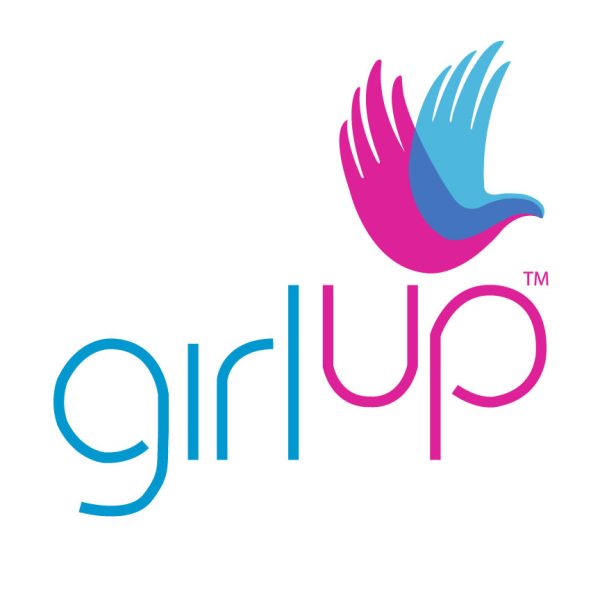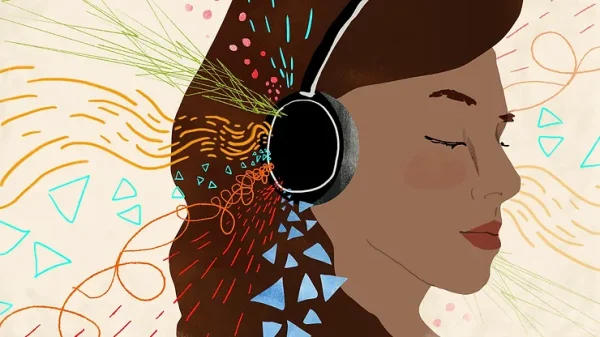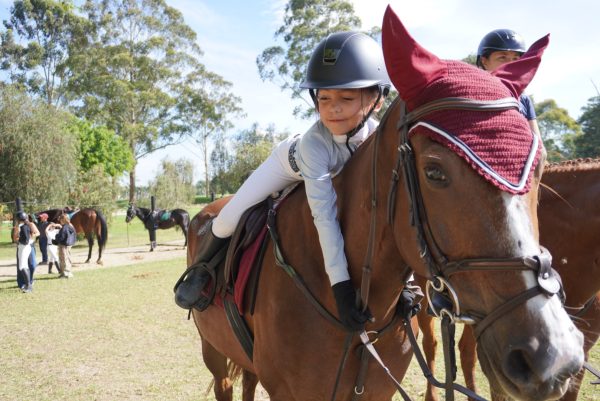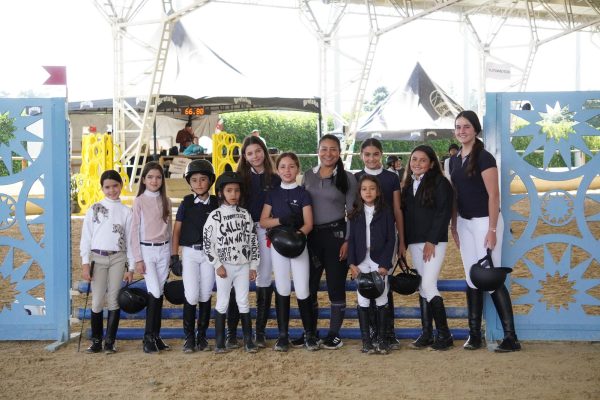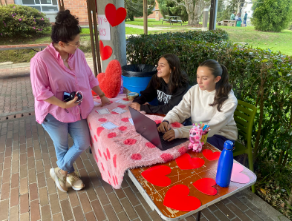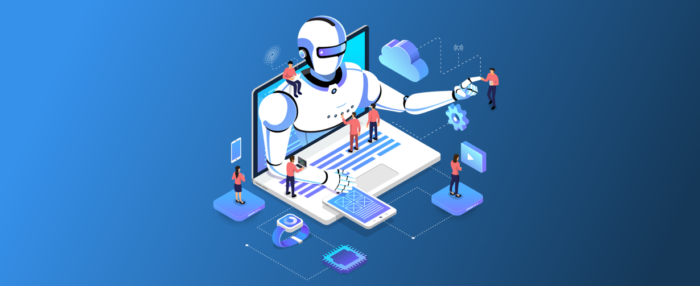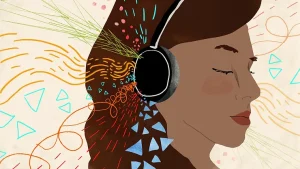The rapid rise of Artificial Intelligence has sparked debates about its impact on society such as job displacement, overreliance, ethical dilemmas, the future of education, and dehumanization. While some view it as a revolutionary tool with immense potential, others raise concerns about its ethical implications and potential negative consequences. This article explores AI’s double-edged nature through three perspectives: Pablo Arango, a tech-savvy student; Julian Zuñiga, the school’s robotics leader and computer science teacher; and Mariana Mesa, a high achiever student passionate about technological advancements.
On the negative side, there’s the threat of job displacement in repetitive and manual labor sectors where AI can accomplish goals without significant errors, paid salary, getting sick, tired, or vacations. “Repetitive and dangerous tasks, data analysis, customer service, it’s inevitable. People must prepare with adaptability, creativity, and social skills,” Senior Pablo Arango said.
The complex nature of AI raises concerns about the potential for misuse and unintended negative impacts on individuals and society. Interviewees expressed that existing inequalities could be challenges in the wrong hands. “Bias in algorithms, lack of transparency, concerns about data privacy, and potential for increased screen time are key concerns. Responsible implementation is crucial,” Julian Zuñiga, TCS AP Computer Science teacher, said.
There are also concerns about overreliance and dehumanization. Excessive dependence on AI can hinder critical thinking, problem-solving skills, and human interaction. “We are increasingly seeing social anxiety cases and the increase in tech dependence has made people zombies in front of a screen, even on a beautiful day,” Arango said.
However, AI has also proved to be a strong ally in human progress. For example, it can personalize learning to individual needs, leading to improved engagement, understanding, and learning. “we’ve observed increased engagement using AI in class to create discussions and even teach students topics or exercises where we aren’t sure how to help them,” Zuñiga said.
Undoubtedly, everyone who uses AI, from students to professionals, has experienced and seen its help in enhancing capabilities and saving time. AI has facilitated innovation, scientific breakthroughs, and brainstorming. “I use it when I am stuck and my ideas are not flowing or when I require help from someone else. No wonder why even creative companies use it on certain tasks,” Senior Mariana Mesa said.
In addition, AI has proved to be useful in tackling and educating on certain global challenges such as climate change, cybersecurity, resource management, and healthcare access. “I’ve noticed in social media and on the news how AI can analyze data to predict natural disasters, optimize renewable energy usage, and personalize healthcare interventions,” Arango said.
Regarding the future of education and teachers with AI, interviewees agreed that it opens up the doors to increased accessibility and efficiency but also to lack of effort and creativity. “AI can’t replace the human touch, empathy, and ability to inspire from teachers and mentors but it can increase class effectiveness and engagement with personalized activities, games, and lessons,” Zuñiga said.
AI is not an all-good or bad discussion, it’s a balance to be seen in the future. Humans must have a responsible development and deployment approach. Transparency, accountability, and fairness must be prioritized in its development and use. “I liked what Open AI, the creators of Chat GPT did with Sora, their latest text-to-speech cinematic video creator. It’s so game-changing that they released it only to a select number of individuals,” Zuñiga, said.
Interviewees also agreed that AI capabilities can be ethically exploited if humans remain conscious of the dangers of over-reliance. Responses agreed that humans must be able to retain critical thinking and ethical decision-making and that international laws for AI use should be created. “world leaders must learn how to responsibly use AI to create a safe and sustainable world for all,” Mesa said. “Continuous reflection, discussion, and willingness to adapt are essential to ensure AI serves humanity’s best interests,” Mesa then added.
In conclusion, the question of whether AI poses a threat to humanity is a complex one, with no definitive answer. While it’s important to remain vigilant about potential risks, it’s equally crucial to recognize its immense potential for positive change. Ultimately, the future of AI lies in our hands, and the choices we make today will determine its impact on generations to come. Humans must educate themselves and have awareness as understanding AI’s capabilities and limitations is crucial for responsible adoption and navigating its impact on society.

